Tesla is disbanding the team behind its Dojo supercomputer, marking an end to the automaker’s effort to develop in-house chips for full self-driving technology. Peter Bannon, the lead of Dojo, is leaving the company, and the remaining team members will be reassigned to other data center and compute projects within Tesla, according to Bloomberg’s report citing anonymous sources.
This move follows the departure of about 20 former Dojo employees who left Tesla to start their own AI company called DensityAI. The new startup, led by former Dojo head Ganesh Venkataramanan and ex-Tesla employees Bill Chang and Ben Floering, is developing chips, hardware, and software aimed at powering AI data centers for robotics, AI agents, and automotive uses.
Dojo was once considered the cornerstone of Tesla’s AI strategy, with Musk emphasizing its ability to process vast amounts of video data crucial to achieving full self-driving.
Despite Musk mentioning Dojo as recently as Tesla’s second-quarter earnings call, talks around the project have largely stopped since August 2024, when Musk began focusing on Cortex, Tesla’s new AI training supercluster based in Austin.
Originally, Dojo combined a supercomputer and Tesla-designed chips, like the D1 chip introduced at Tesla’s first AI Day in 2021. Tesla also planned a next-generation D2 chip to overcome data flow limitations of the original. However, according to sources, Tesla now intends to rely more heavily on external providers like Nvidia, AMD, and Samsung for its compute and chip manufacturing needs. In fact, Tesla recently signed a $16.5 billion deal with Samsung to produce its AI6 inference chips. These chips are designed to power everything from Tesla’s Full Self-Driving system and its Optimus humanoid robots, to large-scale AI training data centers.
This announcement coincides with Tesla’s board offering Elon Musk a $29 billion compensation package, aiming to keep him focused on pushing Tesla’s AI initiatives forward, rather than diverting attention to his other ventures, such as the AI startup xAI.


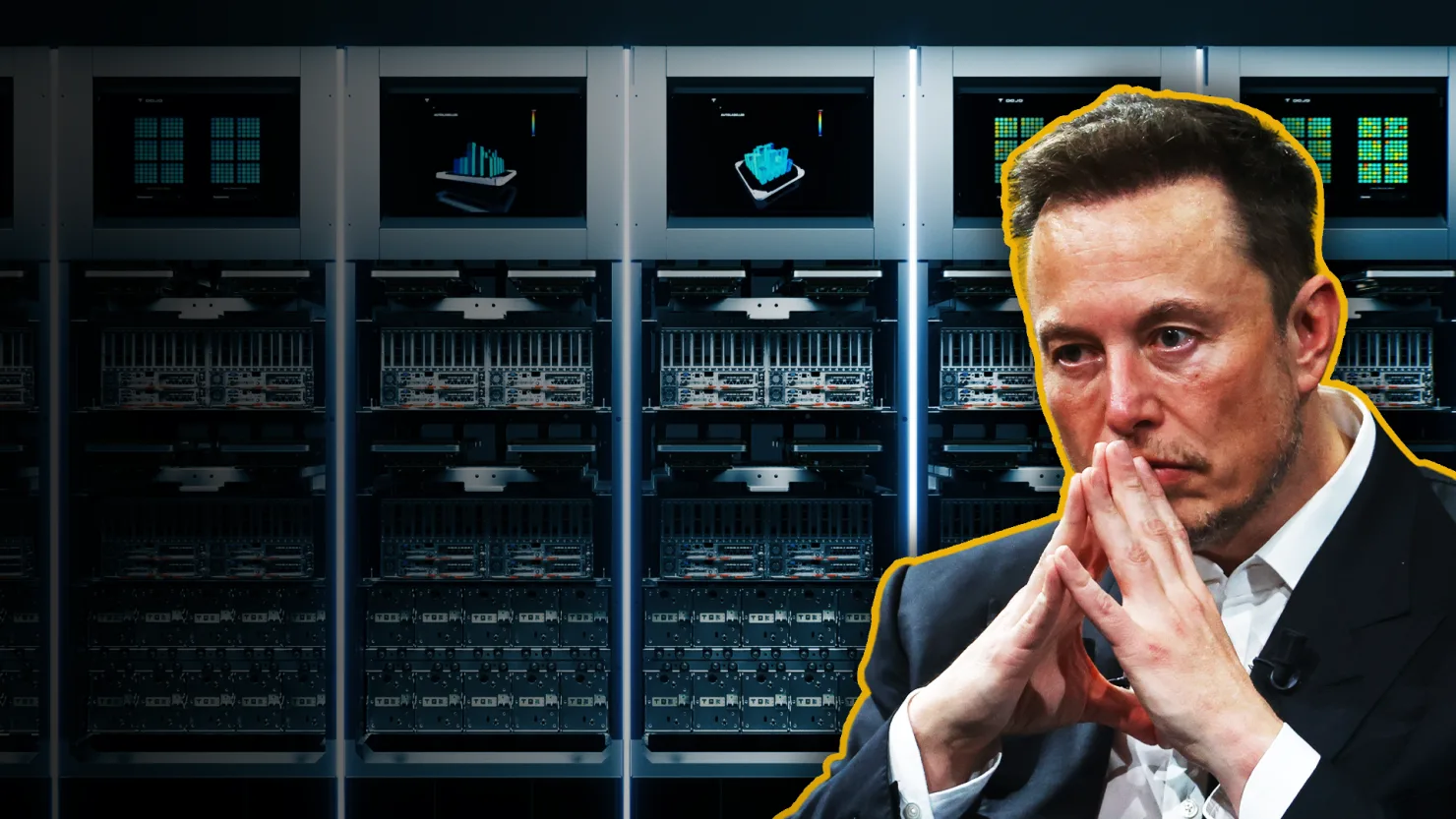

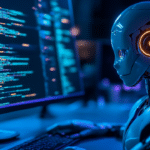
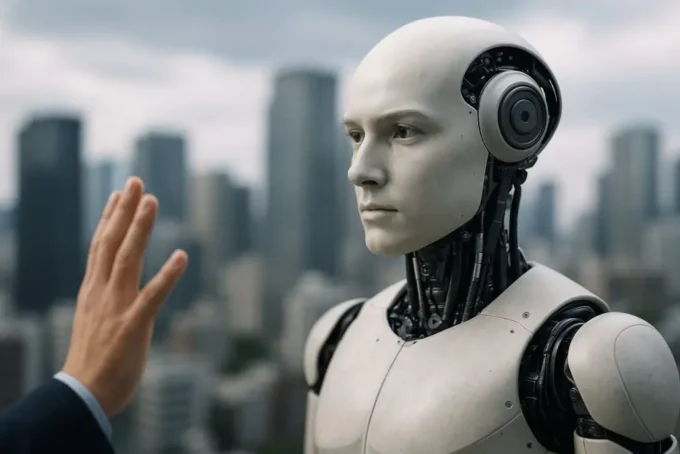
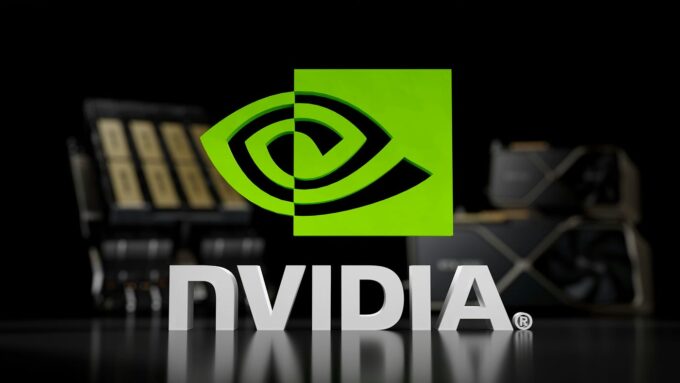

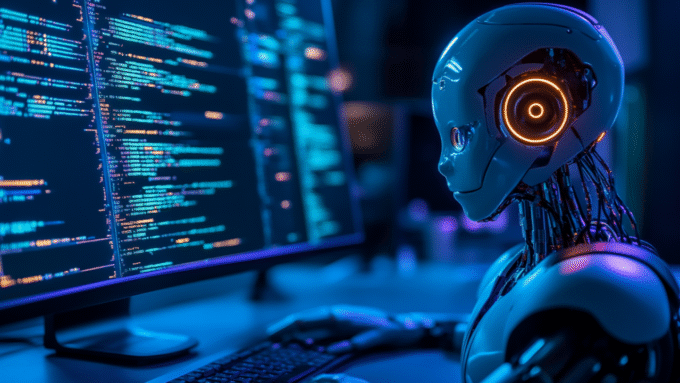
Leave a comment